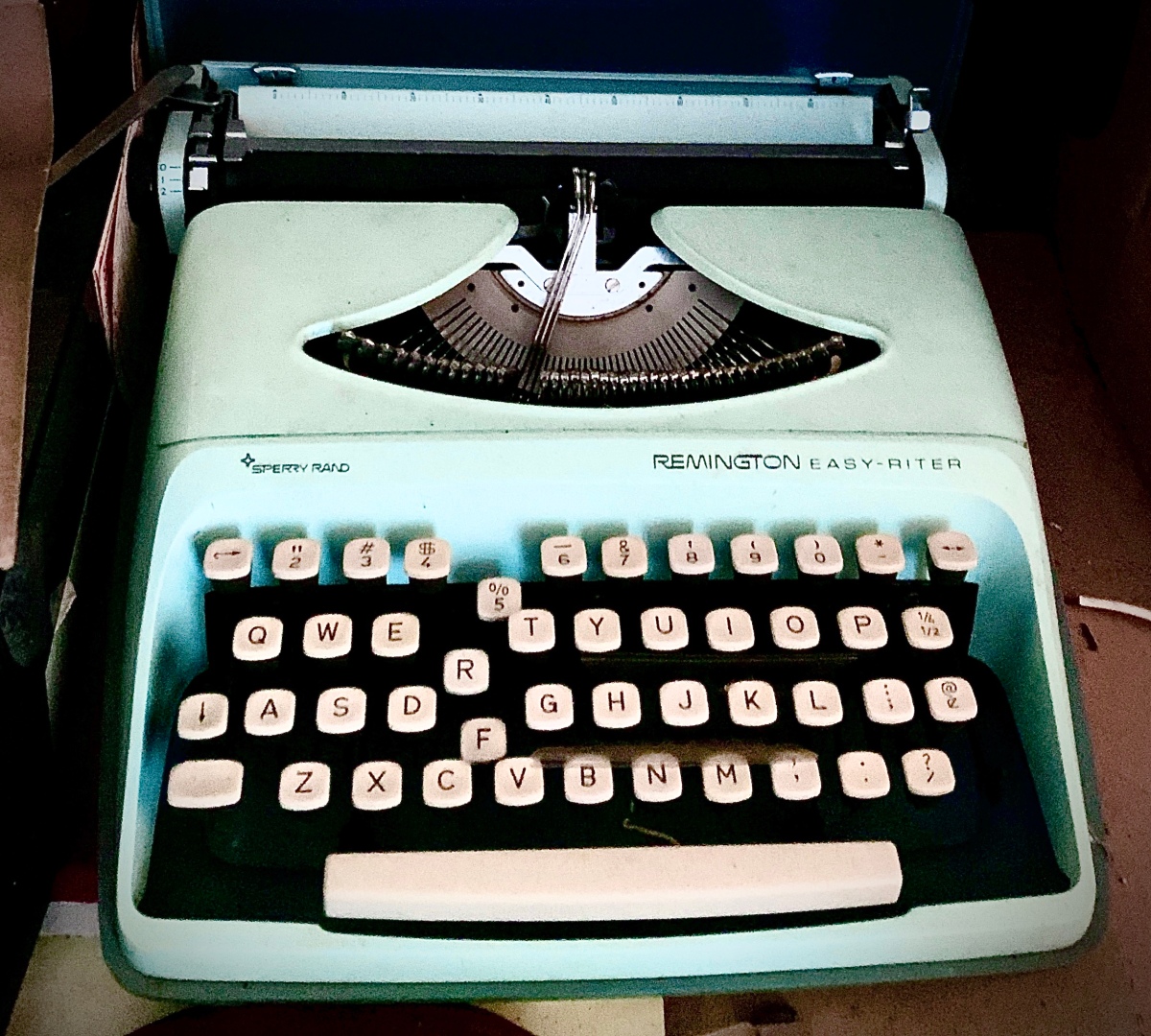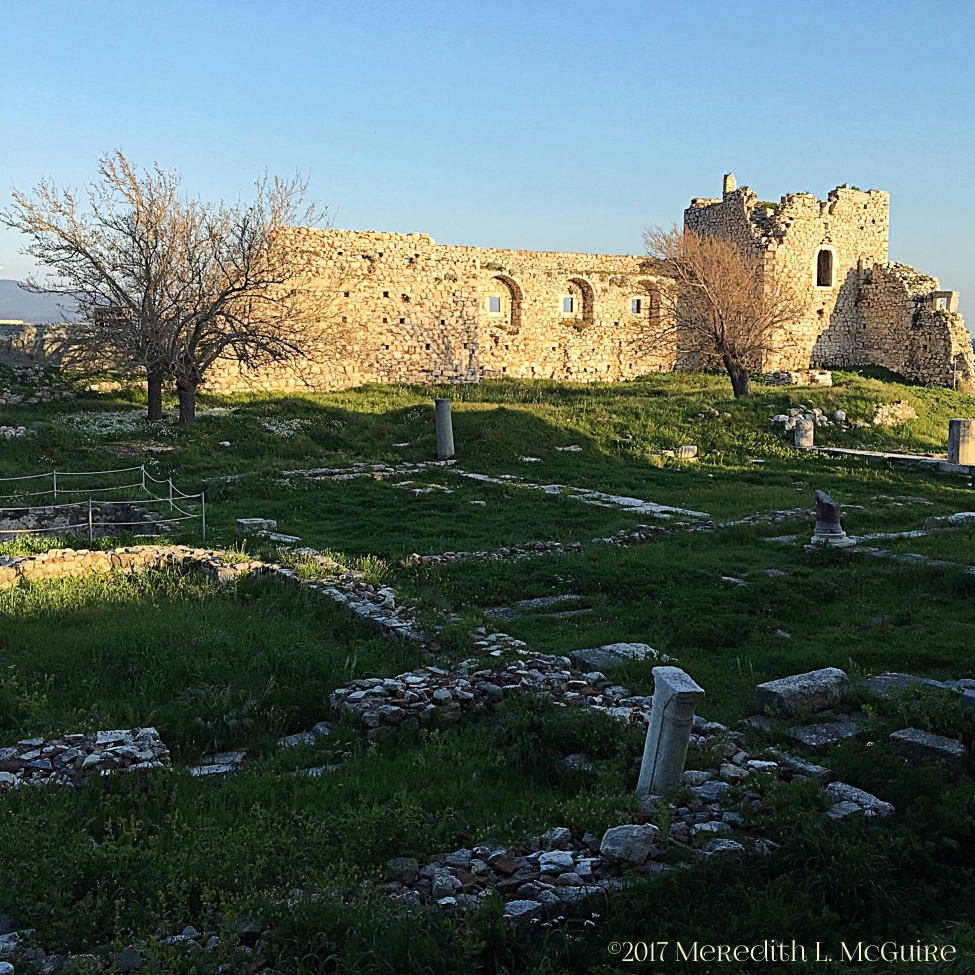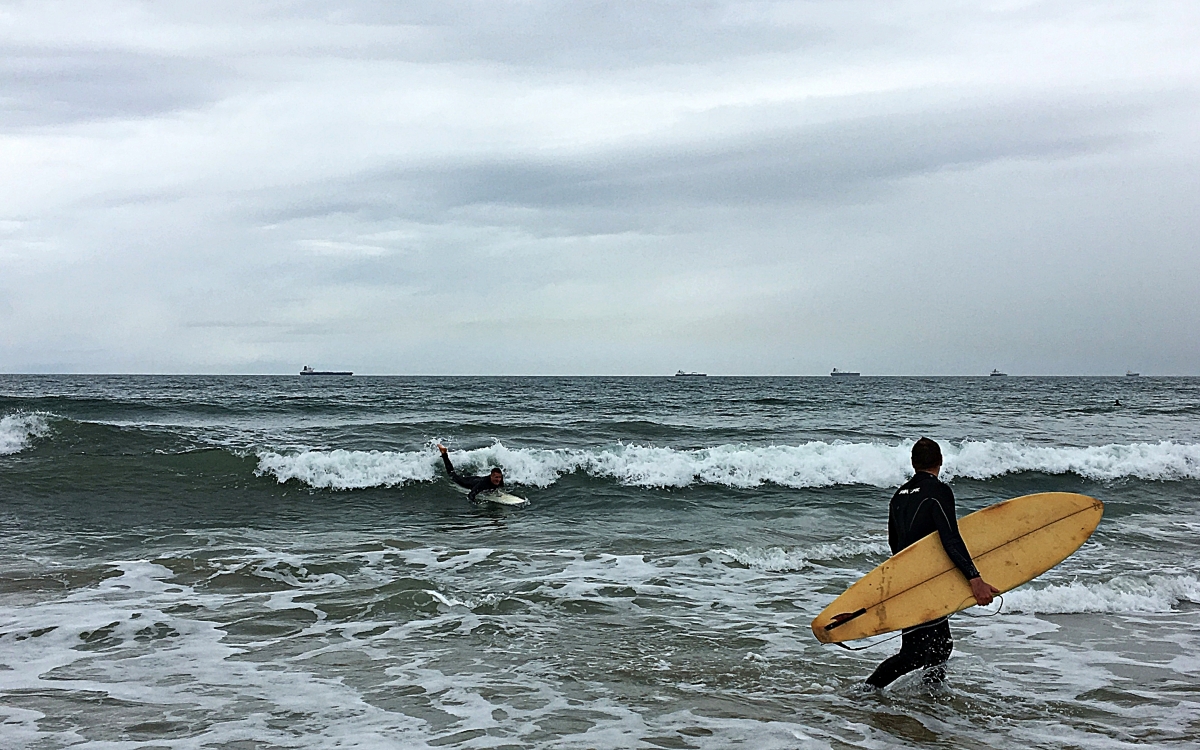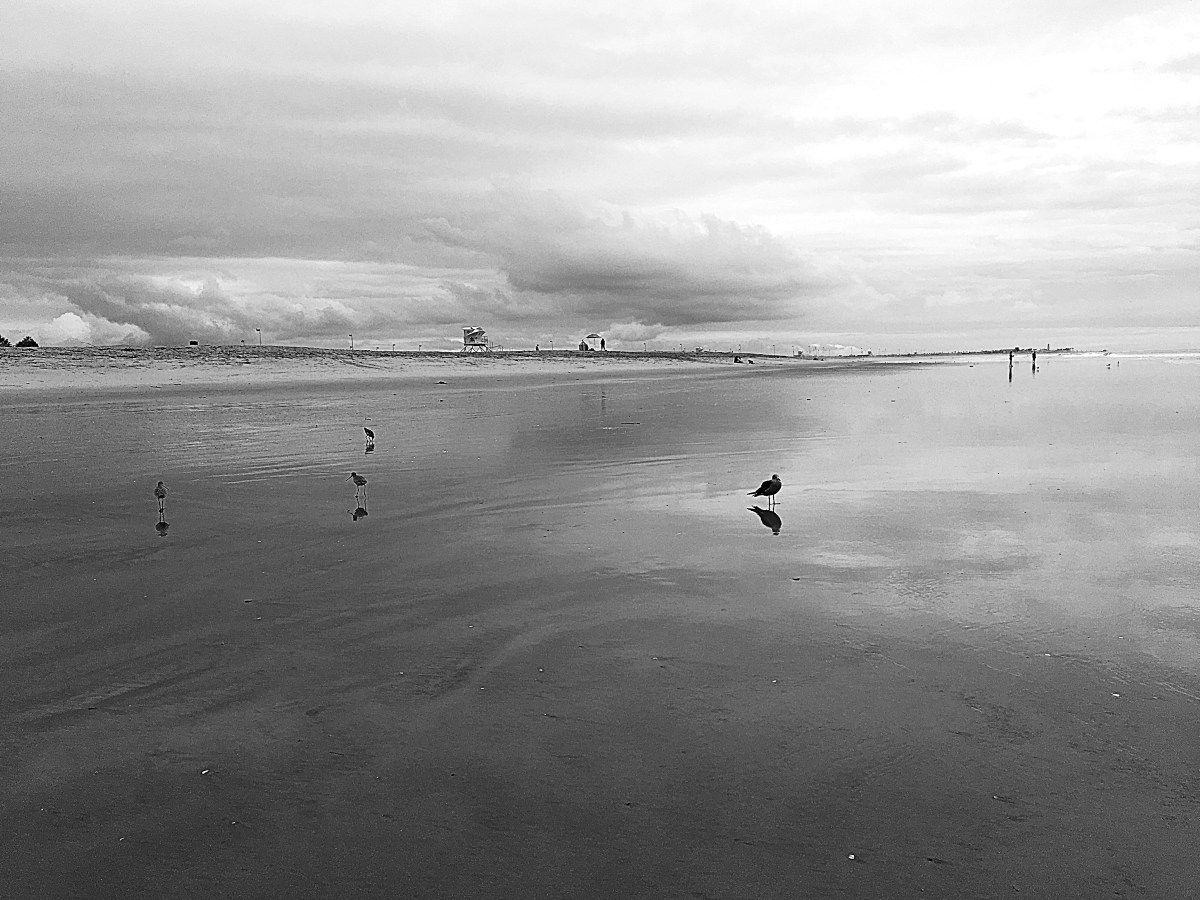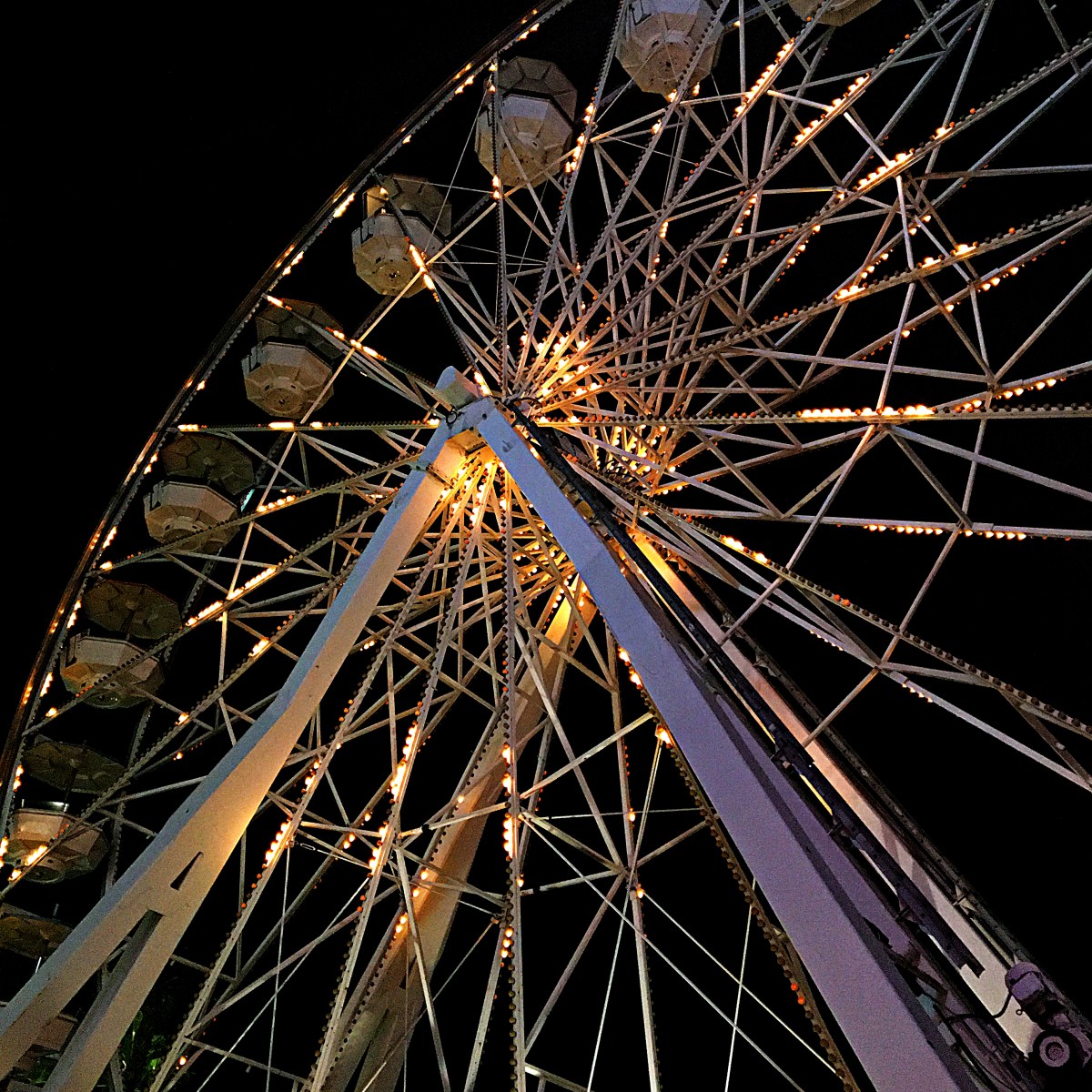Or: Self-Indulgence on a Summer Morn
(Originally published on Medium.com)
It is this bizarre trembling that I wake to, this sensation of needing to get up, to do something — and, instead, I sit; I write.
This is what you crave, what people crave to do, what they are tempted, lured to indulge in. This is the drug, the addiction; this is the overindulgence that we call “intelligent” — when it is really just indulgence, really just a cure for those who overindulge in something else more physical, just the drug for those who are addicted to reading, to sinking into someone else’s mind.
Here. Here is my mind; here are my thoughts, poured into my fingers pressing upon small buttons on a mechanical device to appear on a page and rest here, to be read by you, to be read by someone, to be read by no one and forgotten for who-knows-how-long (maybe forever?).
Here is the flow of my mind; the depths of my soul lurk somewhere underneath, deep within my mind in ways only I can feel, sitting in my lap like a child waiting for the time when I will indulge him, her in a game of hide-and-seek or some coloring, or a walk in that ridiculously-high heat of the Arizona summer.
Here is my life, or the culmination of my life, anyway; and you do not know (or do you care to know?) that I am surrounded by piles of books, a scattering of pencils to the right of me, and pens; a cup of lukewarm coffee made too sweet to drink, mixed with almond milk and raw sugar, molasses instead of cream-and-white-sugar, since I don’t really want the sinking feeling in my gut and instant-sugar-rush from traditional coffee condiments. My roommate and I are too lazy, too carefree, too care-less to bother with even bringing dirty dishes to the sink, washing them regularly, clearing the table of the stifling mess; he plays his games when he gets home from work, and I sit here all day, mulling, writing (when I feel the urge or give into the demand), playing writing games or reading to sink into another world away from the reality-of-me.
I’m heavier than I like to be; and I don’t give a damn that anyone thinks I’m sexy as I am. I put on at least 30 pounds that I’ve managed to keep, while traveling to England last year; and, though I lost some of it while working at the country club most recently (six months ago?! How time flies when you’re doing nothing but brooding!), I’ve put it all on again.
I could lose it, if I walked daily — especially in this Arizona heat. It was 115 degrees Fahrenheit at 4:30pm yesterday, when my roommate and I walked from the grocery store, laden with veggies, apples, pasta, things for me to make for us to eat. One-hundred-and-fifteen degrees, which I may have experienced once or twice as a youth in the suburbs of Atlanta, but it’s a dry heat here, and for a natural blonde like me, even one who tans, but who has not been acclimatized to this kind of heat, I found it stifling, draining the energy out of me until I felt dizzy.
He put away the groceries when we got home; I advised him as to what went where as I sucked down one, two litres of refrigerator-chilled water dosed with a raspberry-flavored electrolyte-powder so I might start to feel normal; then munched steadily on organic sea-salt-and-lime-flavored tortilla chips with peach salsa: sugars to increase my blood sugar; salt to replace what I had lost to my skin whilst sweating.
My roommate, a very-dark Hatian-American, was still dripping sweat; large drops formed on his forehead and streamed down his face, the dry comment that followed from the kitchen proving his own loss of salt: “Don’t you love it when you get sweat in your eyes??!”
We discussed the natures of black-people-versus-white-people in this heat with a leisureliness evident of our true friendship: he joked about and explained with such casual acceptance the biological whys of negro slaves kept by white slave-owners that I felt like the weaker side of the human race. I was dizzy for well over an hour while he kept moving, sweating; his more-efficient body cooling himself with the puddles streaming down his face, pouring off of his body proving that only he, of the two of us, could handle the heat that we both love.
I could burden myself with guilt about the condition of our shared living space, the fact that I haven’t done the laundry this week — though I keep telling myself, nearly every day, that I should get up, brave the embrace of that hot hallway outside the door of this well-cooled apartment, walk down those stairs and just put the laundry into one of those machines beyond the swimming pool. For that matter, why not dress in a bathing suit and cover-up, take a bottle or two of ice water, slather myself with coconut oil, and bake in the morning sun for a bit while the laundry washes and dries?
It’s 99 degrees, and it’s only five-to-ten in the morning. If I go now, I can get a suntan and have the laundry washed-and-dried before the temperature raises the additional twenty-one degrees that it’s anticipated to be by five-o’clock this evening.
It’s 99 degrees, and it’s only four-to-ten in the morning. The thought is mind-boggling.
I’m going to do it. Leave the clutter of this apartment, leave the unwashed dishes, and go do the impossible, the ridiculous: I’m going to slip into a bikini, gather the laundry and go downstairs, beyond the pool; and then lie there by the pool, soaking up the sun. How else will I acclimate to this heat? How else will I get the bronzed skin I love so much? How else will I have the clean clothes I want???
You think it’s simple, don’t you? Doing something that you want to do, but don’t want to do.
But you do the same, don’t you? All the time; every day, you avoid things you want to do:
You don’t love when you want to.
You don’t call when you want to.
You don’t write when you want to.
You don’t paint.
You don’t cry.
You don’t draw.
You don’t play.
You don’t listen.
You think my cluttered house is despicable, my lazy lifestyle is deplorable, offensive. And I tell you: it’s just the same. We’re just the same.
My life, like yours, is spent doing what I feel is most important. I sit inside my mind, listening, meditating to the sound of the air conditioner, awaiting the song of the mockingbird in the tree just outside, watching the leaves blow.
I’ve learned to know my feelings, to follow my heart’s and my mind’s flow. I know myself so well that I can put these words so clearly that you can taste them, feel them, know them as your own. That you can see my life. That you can sit here, almost, and deplore with me the empty Pizza Hut boxes, the empty Noosa yogurt container, the mostly-empty bag of granola, the scattered books and pens and receipts — all of which would take but a few minutes to clear up, to clean up, to usher away into the big, blue, metal garbage bin just down the hall, the other way, and down the other stairs.
Maybe I’ll clear that out, too, after all.
Maybe I’ll do all kinds of things.
But here’s the thing I know, that maybe you know, too, but that I have to learn day after day, and that my oh-so-black Hatian-American roommate whom I love dearly and who loves me dearly has me learn, day after day, week after week, while I live with him, on his penny, on his nickel, on his dime, on his quarter, on his dollar, on his life-blood:
I do what I like. There is nothing greater, nothing else, and nothing more important than respect of oneself, respect of one’s own life and love and time and values.
Indulge in all you love.
You’re indulging anyway.

